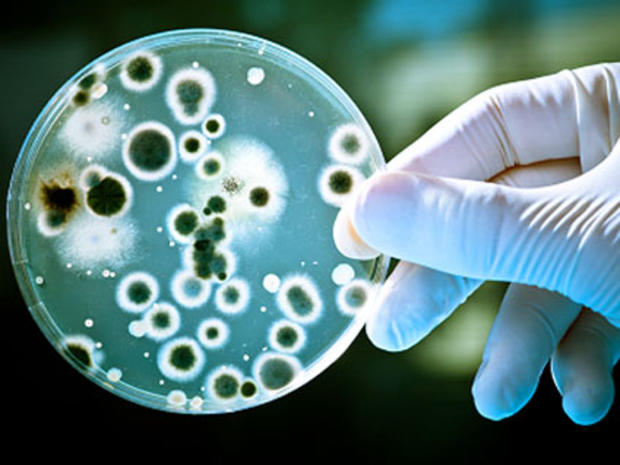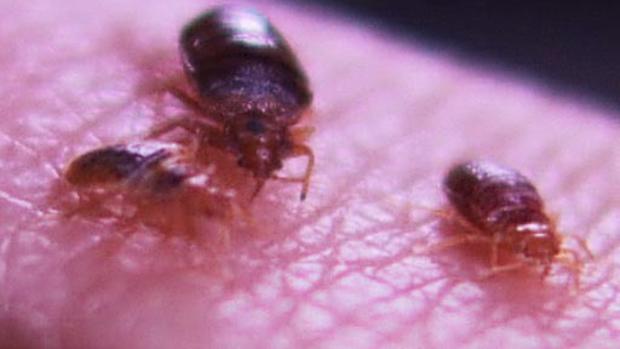Resistant Superbug, CDC in the News: Is "Medical Tourism" Spreading Scary Germs?
(CBS/AP) Will the U.S. be overrun by disease-causing "superbugs" that are resistant to just about every antibiotic?
It's possible, some scientists say.
Recently, three Americans were treated for serious urinary tract infections caused by bacteria carrying a gene that makes them highly resistant to antibiotics.
Bacteria that carry the gene, known as New Delhi metallo-beta-lactamase (NDM-1), are widespread in India, and each of the three Americans had recently spent time there.
One of the Americans sickened by the superbug was treated at Massachusetts General Hospital in Boston. A woman with the superbug was treated in California, and a man with it was treated in Illinois.
All three survived, but not everyone is so lucky.
NDM-1 is associated to an unknown number of deaths worldwide. Just how many is unknown, as there is no system for tracking the infections.
The superbugs are hard to eradicate even with the use of powerful antibiotics known as carbapenems. And there are no new drugs on the horizon that might be more effective, experts say.
Although none of the three U.S. victims were so-called "medical tourists," experts worry that people who travel to developing countries for inexpensive medical treatment may be placing us at risk.Dozens of NDM-1 cases in Britain have been traced to travel to India for cheap medical treatments, including cosmetic surgery, according to a study published last month in The Lancet.
And though NDM-1 is believed to have originated in India, scientists say the gene is increasingly common in Bangladesh and Pakistan, and is hitching a ride back to England by people who visit those countries.
With medical tourism on the rise, the authors of the study said they fear new superbugs could soon spread across the globe.
What can people do?
Don't pressure your doctors for antibiotics if they say they aren't needed. Use the ones you are given properly, and try to avoid infections by washing your hands.
The gene can spread hand-to-mouth, which makes good hygiene very important.

